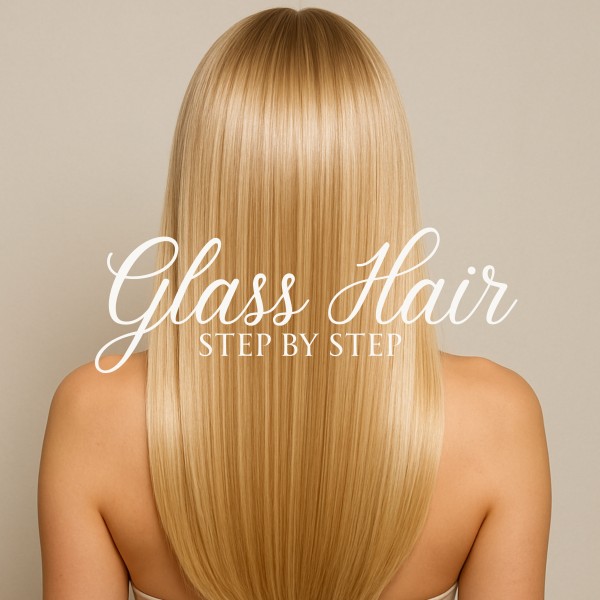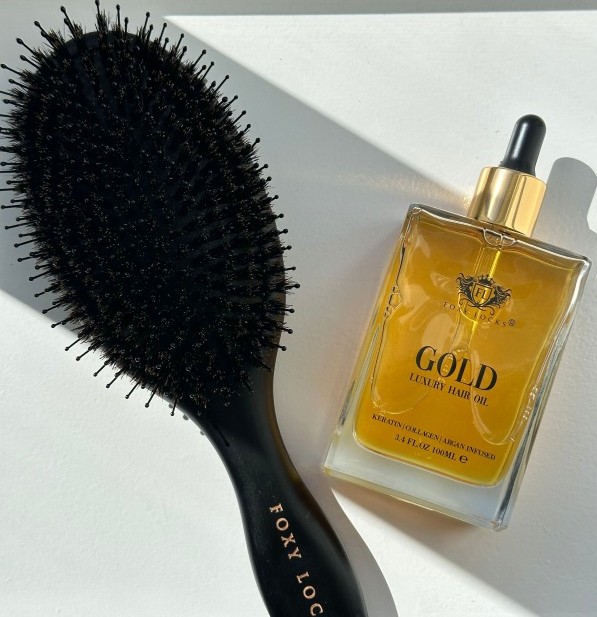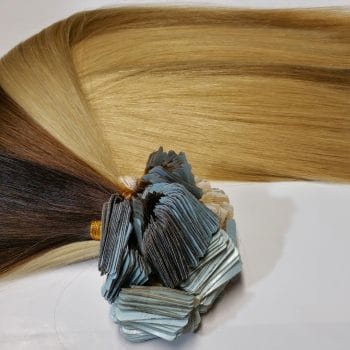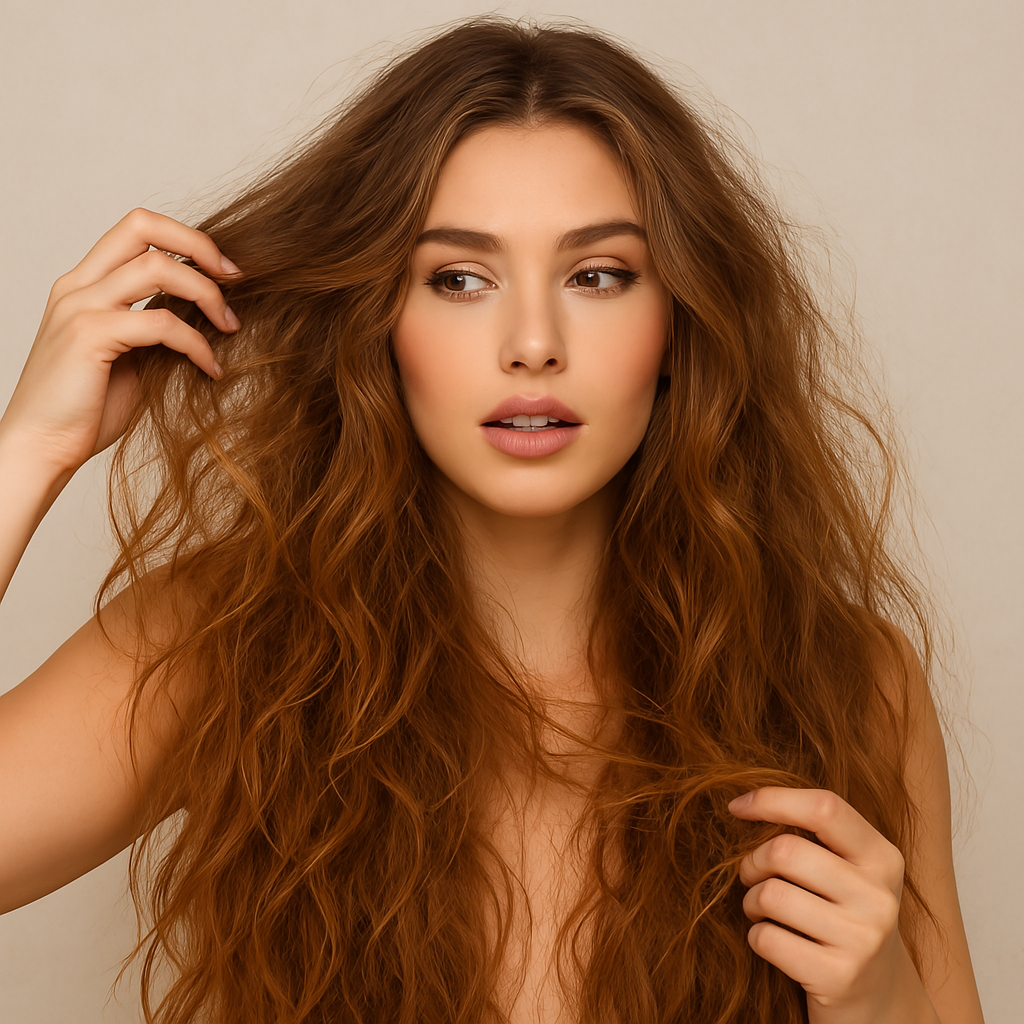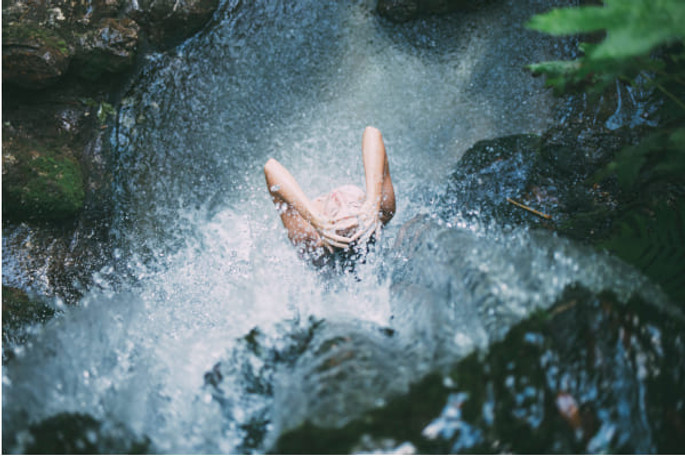Reading Time: 3 mins
When it comes to topics about hair extensions, it is also vital to talk about different water types such as salt water, chlorine, and hard water as well as the effects they can have on your hair. After all, extensions are often pricey and it’s important to take proper care of them if you want them to last.
Read on to learn more about the impacts each water type can have on your hair extensions:
Chlorine and Hair Extensions
Chlorine is known to be an excellent disinfectant. In fact, it is six times more effective at killing microorganisms compared to iodine. It is typically utilized to sterilize specific skin surfaces before someone undergoes surgery.
While it has its applications, this chemical can make your extensions dry and brittle. Chlorine can suck the sebum from your hair shaft. This can be detrimental since sebum is a natural oil that protects the hair from harsh weather and other damage by keeping it lubricated. This is also why some hair experts advised people with extensions to use natural oils like argan oil or Moroccan oil.
When using chlorine, itches and skin rashes may be experienced, especially if you have sensitive skin, scalp, and hair. The amount of chlorine disinfectant being used can also contribute to how this chemical can affect hair extensions.
Chlorine can be harmful to your hair extensions. You can lessen the effect by putting on a swim cap if you’re going to swim in a pool. If you’re just planning to take a dip, consider tying it up and keeping it out of chlorinated water completely!
Hard Water and Hair Extensions
Compared to soft water, hard water contains higher mineral content, specifically magnesium and calcium. That is why exposure to this may lead to serious problems with your hair extensions. After washing your hair, you may find the scaly film on the hair caused by the dissolved minerals. Unfortunately, this results in tangled, dull, and dry locks.
Hard water can also be harmful to your hair extensions. In order to fix this, a water softener should be used. However, this can be expensive sometimes. What you can use as an alternative is a vinegar rinse. This will aid in removing scaly build up in your hair, just like a clarifying shampoo does. It helps to balance the hair’s pH level and smoothens down the cuticles. This leaves the hair feeling smooth, smooth, and silky. However, vinegar rinses and clarifying shampoos must only be used every so often because they can also be harsh to the hair when applied daily.
Saltwater and Hair Extensions
If you love the beach, don’t forget that seawater may also have an adverse impact on hair extensions. It can make the hair surface rough, leaving cuticles dull, open, and porous. The result is a coarse, dry texture. In addition, the combination of the sun and sea salt can fade the colour of your locks, whether it’s a natural or treated shade.
To lessen its effect, you can try putting a light oil coating on your hair before going into the water. This will aid to reduce the impact of the salt in your hair extension. Also, if you went out of the water, make sure to rinse the seawater out from your hair extensions. Apply conditioner with a low pH to close the cuticle.
Conclusion
Whether you’re wearing natural hair extensions or a ponytail extension, it is important to learn how to take care of them. Make sure to avoid some factors that may cause damage to your hair. The types of water your hair is exposed to, as well as the products you will use for your hair, may have a negative impact. That doesn’t, however, mean you should avoid chlorinated, hard, and saltwater completely. Simply take the right precautions to minimise the damage and remember to give your hair the TLC it deserves!
Women deserve the best treatment for their crowning glory. If you’re looking for good hair extensions in the UK, Foxy Locks is the one to help you. We offer top notch quality products and friendly customer service. Get in touch with us today.
Related Articles
Salt water and your hair extensions
Swimming with your hair extensions on
Comments are closed here.

